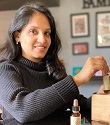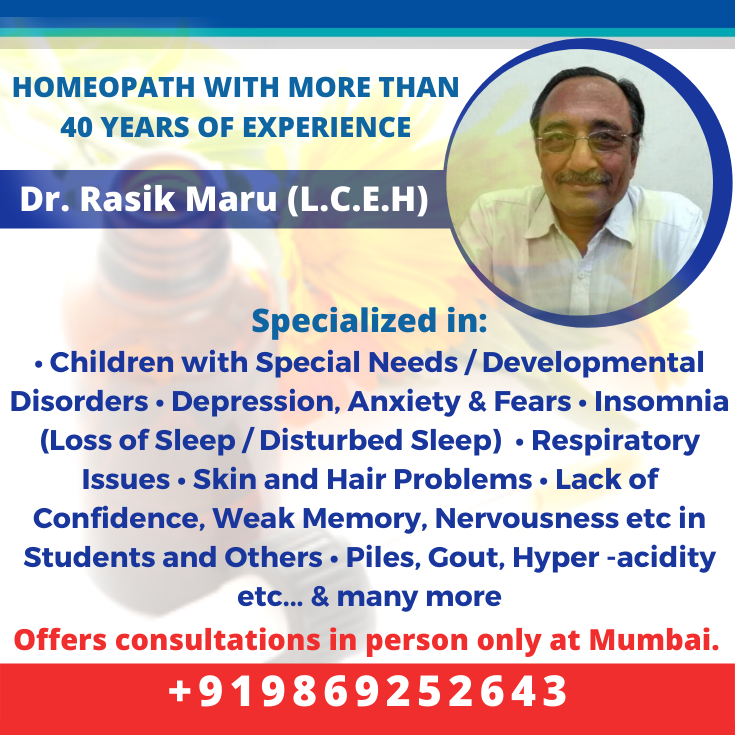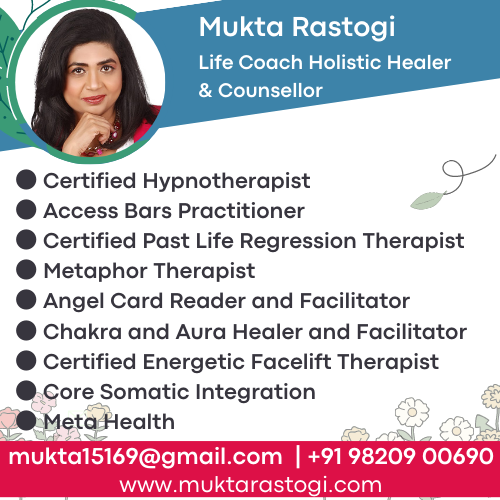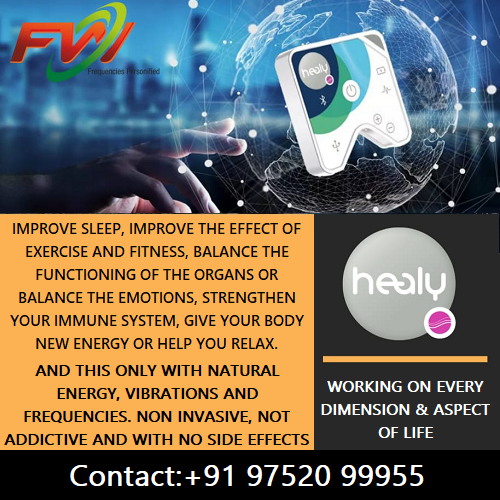Mind
- Alternative Medicine
- Access Bars
- Access Body Processes
- Access Consciousness
- Access Energetic Faclift
- Acupressure
- Acupuncture
- Akashic Records
- Ancient Magnetism
- Angel Healing
- Aromatherapy
- Aura Reading
- Ayurveda
- Bach Flower Remedies
- Blueprint Numerology
- Breathwork
- Cosmetic Acupuncture
- Cosmic Connection
- Crystal Healing
- Cupping Therapy
- Divine Healing Hands
- Distance Healing
- Emotional Freedom Technique (EFT)
- Energy Healing
- Energy Medicine
- Ergonomics
- Family Constellation
- Fengshui
- Gaiadon Heart
- Geomancy
- Heal Your Life
- Graphology
- Holistic Solutions
- Holy Fire Reiki
- Homeopathy
- Ho'oponopono
- Humkara with Haleem
- Hypnotherapy
- Inner Child Therapy
- Intuitive Reading
- Jikiden Reiki
- Jin Shin Jyutsu
- Karuna Reiki
- Karmic Healing
- Lama Fera
- Lenormand Cards
- Light Language Healing
- Law of Attraction
- Manual Therapy
- Meditation
- Melchizedek Method
- Merlin Trinity Healing
- Merkaba Healing
- Money Reiki
- Motivational Counseling
- Mudra Healing
- Nakshatra Energies
- Naturopathy
- Neuro Linguistic Programming (NLP)
- Panchakarma (Ayurveda)
- Past Life Regression
- Physiotherapy
- Pranic Healing
- Pranic Psychotherapy
- Pythagorean Numerology
- Pyramids
- Reiki
- Rudraksh
- Runes
- Soul Plan Reading
- Sound Healing
- Star Magic Healing
- Space Clearing
- Silva Mind Control Method -
- Sujok therapy
- Tarot
- Theta Healing
- Twin Flame Healing
- Twin Hearts Meditation
- Unani Medicine
- Yoga
- Wicca
Diseases & Conditions
- Acne & Pimples
- Allergies
- Arthritis
- Asthma
- Behavioural Disorders
- Cancer
- Dandruff
- Diabetes
- Emotional Problems
- Gallstones
- Gastritis
- Hairloss
- Heart Diseases
- Hormonal Problems
- Hypertension
- Immune Disorders
- Infections
- Infertility
- Jaundice
- Kidney Disorders
- Liver Disorders
- Menstrual Disorders
- Migraine
- Neck & Back Pain
- Obesity
- Osteoporosis
- Peptic Ulcer
- Prevention
- Prostate Problems
- Psoriasis
- Sexual Dysfunctions
- Sinusitis
- Sleep Disorders
- Skin Diseases
- Stress
- Thyroid Disorders
- Ulcerative Colitis
- Urinary Infections
General Wellness
Psoriasis Treatment in Goa
Dr. Rasik Maru

Dr. Maru is a Goa based homeopath with more than 40 years of experience. He has pursued his study of homeopathy from the Homeopathic Medical College, Belgaum. He has established himself in the world of homeopathy.


Ms. Mukta Rastogi
Mukta Rastogi is a Life coach, Counsellor, Certified Hypnotherapist, Access Bars Practioner, Certified with Dr Brain Weiss in Past Life Regression, trained in Metaphor Therapy and Angel Card Reader. She is Proactive and dynamic spiritual healer.

Ms. Archana Kabilan

Archana Kabilan, a Bach Foundation Registered Practitioner (BFRP) (UK), offers a blend of Bach Flower services in support of stress management by reducing stress and promoting relaxation to enhance wellness.

Healy Frequency Healing Device

Wellness and well-being principles revolve around maintaining the balance between the mind, body and soul. Healy is the only device on the planet earth for balancing between Body, Mind and Soul.


The cause of psoriasis, which is an inflammatory skin condition, is not fully understood but medical research has come to the conclusion that psoriasis starts with the immune system. We all have T cells (a type of white blood cell) which usually protect us from infection and disease by attacking bacteria and viruses. When we have psoriasis, our T cells attack our skin cells instead. Our body immediately responds by producing more skin cells. This rapid production of new skin cells is an acceleration of the usual replacement process of the skin. A normal skin cell matures in 21 to 28 days but a psoriasis cell will only take 2 to 3 days and the result is an accumulation of dead cells and live cells in visible layers. The final appearance is of raised red patches of skin covered with silvery scales.
Psoriasis is not contagious nor can it be transferred from one part of the body to another. About one third of sufferers have at least one family member with the same condition so there is a genetic link. There are several different types of psoriasis and they can all cause itching and great discomfort. The skin can crack and bleed and the itching can be severe. Fingernails and toenails are frequently affected. The different types of psoriasis are:
-- Plaque psoriasis which is the most common, occurring in about 80% of cases. The patches usually form on the elbows, knees, lower back and scalp.
-- Flexural or inverse psoriasis which is where the condition appears as smooth but inflamed patches of skin in the skin folds, but especially around the genitals, the armpits and under the breasts. It is affected by friction and sweat, and is vulnerable to fungal infections because of its appearance in the skin folds.
-- Guttate psoriasis which causes small red spots on the skin and often over large areas of the body. It is also often associated with strep throat infections.
-- Pustular psoriasis which results in bumps containing non infectious pus surrounded by red skin. This condition sometimes appears in just the hands and feet or otherwise widespread patches on the body. Nail psoriasis which affects the appearance of fingers and toe nails. There may be discoloring under the nail plates, pitting or lines in the nails, loosening and crumbling of the nail or thickening of the skin underneath the nail.
-- Erythrodermic psoriasis which results in widespread redness, severe itching and considerable pain and discomfort. This form of psoriasis can be fatal as the extreme inflammation and exfoliation affect the body's ability to regulate temperature and for the skin to perform barrier functions.
Diagnosis is usually based on the appearance of the skin while any tests done are more to rule out other disorders. It is important to commence treatment so that the sufferer can return to a more normal way of life. A natural healing product can be helpful here and the scales of psoriasis should improve almost immediately, followed by the affected areas returning to a more normal thickness.





